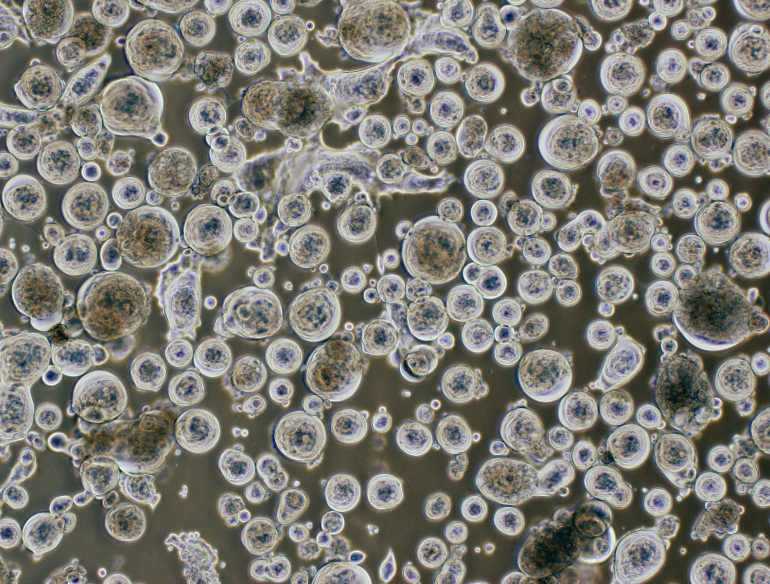COVID-19 has shown us how a local outbreak can become a global pandemic. In order to stay ahead of these crises, we need to be able to predict and plan for future threats and challenges. Kirby Institute researchers do this by analysing and modelling epidemics, and by developing and testing diagnostics and interventions that prevent the spread of disease.
When COVID-19 emerged in early 2020, we quickly mobilised our teams to bring our collective knowledge, experience and collaborative networks to support local, national and global efforts to control the virus. Deploying our full range of infectious disease expertise, we were able to rapidly repurpose our laboratories and adapt our clinical trials, public health and social science research strategies to address critical questions and seek appropriate health solutions.
This rapid response has allowed us to better understand how this virus works, supporting global efforts to find ways to prevent transmission and treat people with the infection.
The Kirby Institute now has a wide portfolio of COVID-19 research and our experts continue to monitor threats to Australian and global biosecurity to ensure we are as prepared as possible for the next infectious disease emergency.
Our key areas of expertise and impact include:
- Leveraging our existing global clinical trials networks to determine the impact of COVID-19 on people living with HIV, including treatment outcomes.
- The formation of a cohort of patients COVID-19 patients at St Vincent’s hospital Sydney, experiencing continuing symptoms. This study led to the first characterisation of the immune profile of long COVID.
- During the height of the COVID-19 pandemic, we undertook national serosurveys, using de-identified blood samples from donors to Australian Red Cross Lifeblood, to provide a more accurate estimation of the number of people in Australia who contracted COVID-19.
- Laboratory analysis of the COVID variants of concern, to determine the infectivity, transmission potential, the immune response and suitability of existing clinical therapeutics towards emerging variants, informing public health guidelines in real time.
- Developing potential COVID-19 treatments in the laboratory using natural and synthetically produced antibodies and directly acting antivirals including RNA therapeutics and cyclic peptides.
- Mathematical modelling of vaccine efficacy to inform vaccine development.
- Determining host-pathogen dynamics through whole genome CRISPR screens.
- Screen responses for emerging and novel vaccine candidates to future proof for future emerging variants.
- Providing rapid high content solutions to study the immune responses of many national and international cohorts to better understand vaccine and convalescent immune responses in those with existing immunodeficiencies or who are immunosuppressed for treatments such as MS, renal transplantation or cancer.
- Studying COVID-19 vaccine responses in people who are immunosuppressed, including the optimal timing of 4th booster vaccines (CIRCUIT Study).
- Expansion of an innovative point-of-care testing program in remote Aboriginal and Torres Strait Islander communities, to rapidly test for COVID-19.
- EPIWATCH – an open-source artificial intelligence tool with the potential to prevent future pandemics.
We will continue to respond quickly to emerging infections and epidemics as they arise.
Programs working in this area:
- Aboriginal and Torres Strait Islander Health Program
- Biosecurity Program
- Biostatistics and Databases Program
- Global Health Program
- HIV Epidemiology and Prevention Program
- Immunovirology and Pathogenesis Program
- Infection Analytics Program
- Sexual Health Program
- Surveillance and Evaluation Research Program
- Therapeutic and Vaccine Research Program
- Viral Hepatitis Clinical Research Program
- Viral Hepatitis Epidemiology and Prevention Program
- Viral Immunology Systems Program
